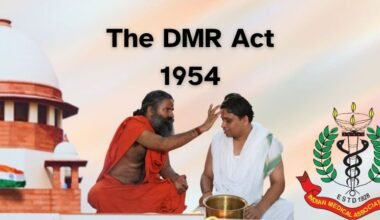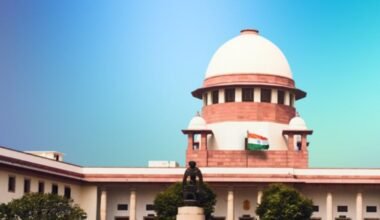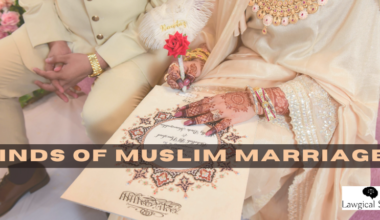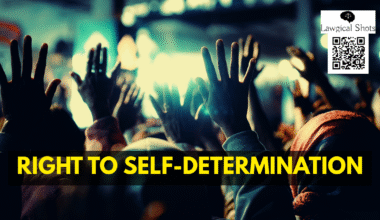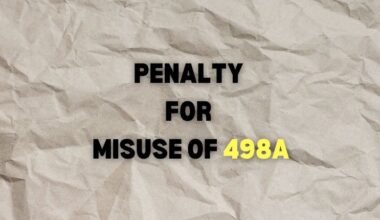What makes your fingers more graceful? A manicure? Those nail extensions? Try stepping out and vote during elections. That blue-black ink you get on your nail when you exercise your right to vote, will bring a different pride and grace for you. After all, to participate in the decision making for your nation is a matter of pride.
Since we are encouraging everyone to cast their vote, this is the right time to discuss the law behind right to vote. Can anyone come to the polling booth and cast his/her vote? The answer is NO. People having their names in the electoral roll can cast their votes. Now, who gets their names in the electoral roll? Let’s head towards the Indian Constitution for an answer.
Adult Suffrage under Constitution of India
Although almost 99 percent of the voters in India will find the term foreign. However, elections in India are conducted on the basis of adult suffrage only. As explained under Article 326 of the Constitution of India, adult suffrage means “every person who is a citizen of India and who is not less than [eighteen years] of age on such date as may be fixed in that behalf by or under any law made by the appropriate Legislature and is not otherwise disqualified under this Constitution or any law made by the appropriate Legislature on the ground of non-residence, unsoundness of mind, crime or corrupt or illegal practice, shall be entitled to be registered as a voter at any such election.” Hence, a person who satisfies all the aforementioned requirements can vote during elections.
Who will get the right to vote?
A person who fulfills the following requirements gets the voting right in India:
- Is a citizen of India;
- Is not below the age of 18 years;
- Not disqualified by law;
- Not disqualified due to non-residence;
- Not disqualified for unsound mind;
- Not disqualified for involvement in crime;
- Not disqualified due to corrupt/illegal practices.
Discrimination in Voting Right
Discrimination is common in society. People are classified differently based on race, case, sex, etc. But, have you ever seen anyone saying that you cannot vote because you are a woman, or because you belong to a certain caste? Nobody can!! Because Article 325 empowers people against any such discrimination. The Article 325 of the Constitution restricts ineligibility for inclusion in the electoral roll on the grounds of religion, race, caste or sex. It further restricts any claims of being included in a special electoral roll on the aforementioned grounds. The only discrimination can be the territory, for understandable reasons. That’s why you get to see celebrities, politicians, etc. casting their votes at the same polling booths as you do.
The Article 325 of Indian Constitution reads as:
“325. No person to be ineligible for inclusion in, or to claim to be included in a special, electoral roll on grounds of religion, race, caste or sex.—There shall be one general electoral roll for every territorial constituency for election to either House of Parliament or to the House or either House of the Legislature of a State and no person shall be ineligible for inclusion in any such roll or claim to be included in any special electoral roll for any such constituency on grounds only of religion, race, caste, sex or any of them.”
How do I register as a voter in India?
Now that you know that you are eligible to vote in India, it is time to know the process for getting registered as a voter. Because that is the only path for you to exercise your right to vote. Given below are the steps to be followed for online registration as a voter:
- Visit the official website at voters.eci.gov.in/
- Here, you will see an option for ‘new registration for general electors’. You are required to fill Form 6. You may proceed to check the guidelines or click on Form 6 to proceed with the registration process.
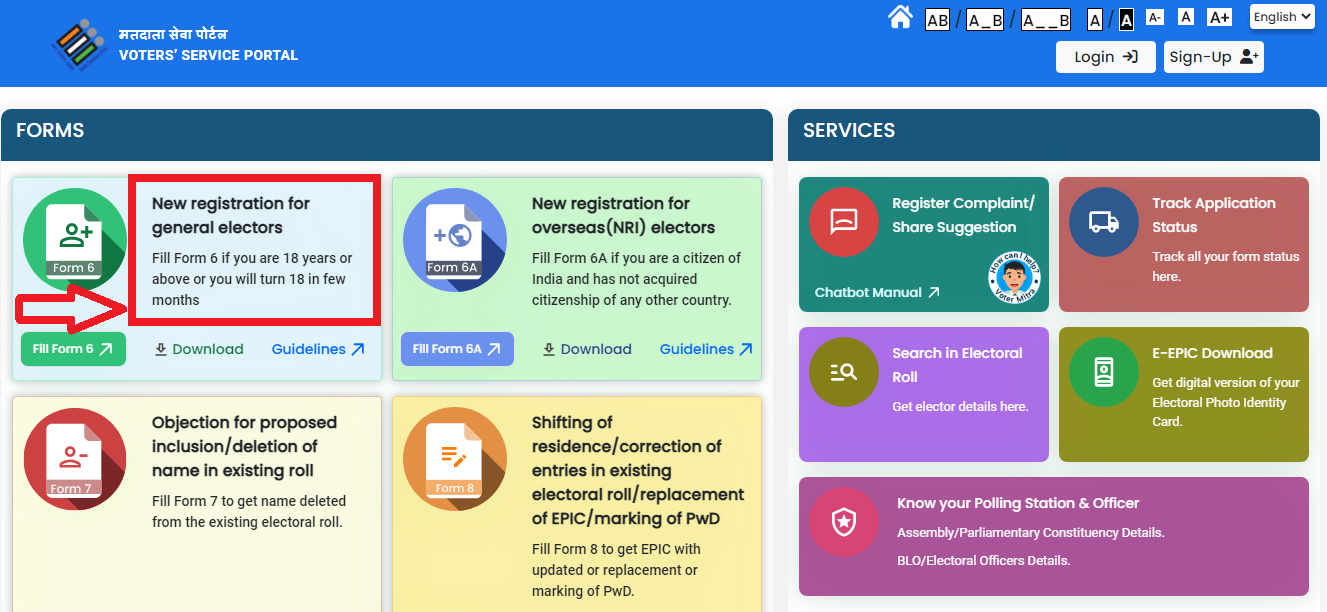
- The page that opens is to login for already registered persons. For fresh registration, click on ‘Sign-Up’.
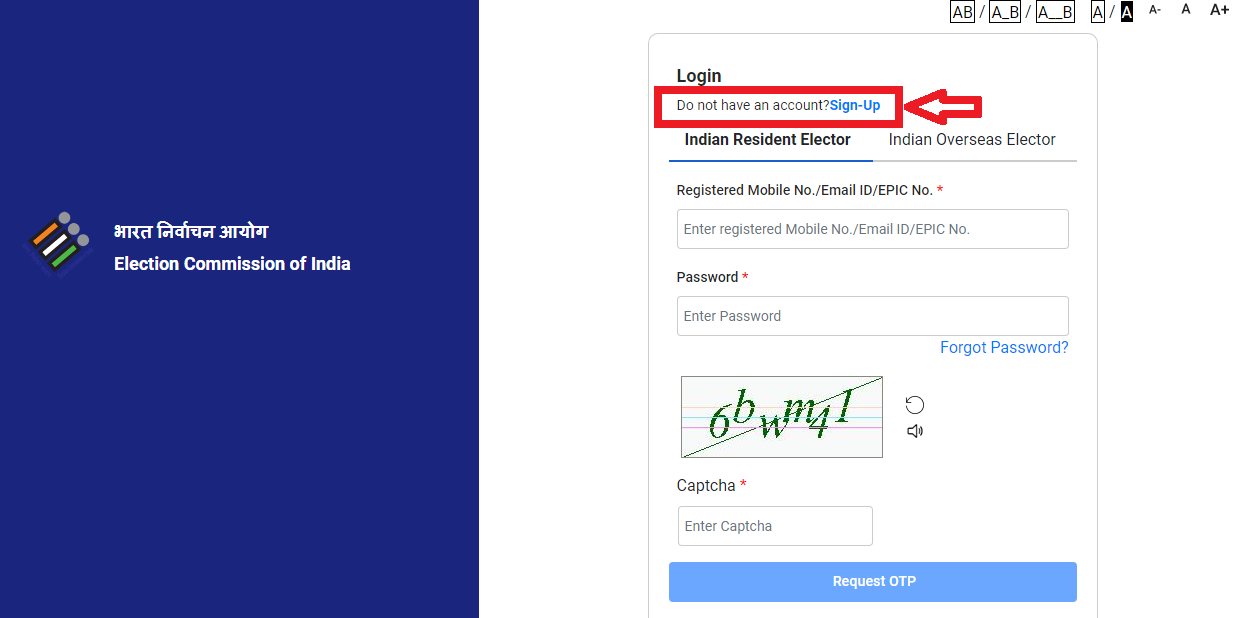
- Enter your mobile number in the given space, or you can not proceed with the registration process. Entering an email address is optional here. Enter the captcha code and click on ‘Continue’.
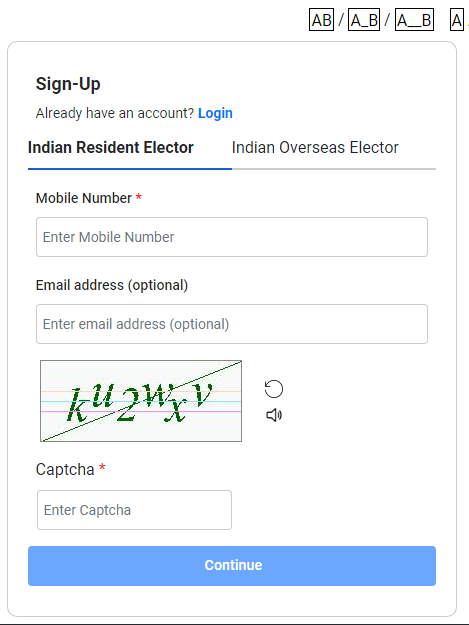
- Follow the instructions and fill in the basic details here.
- After submission, you will get a confirmation text on your registered mobile number. If succeeded, you may receive your voter ID card at your registered address.
A person can also register offline by downloading and filling Form 6 addressed to the Electoral Registration Officer (ERO) of the Assembly/Parliamentary Constituency. You can also download Voter helpline applications on your phones – Android users (click here) and iOS users (click here).
Also read – Know Thy Electronic Voting Machine
Why does each vote matter?
During Lok Sabha Elections 2024, you must have noticed that every other digital media/ TV advertisement suggests voters to step out of their homes to cast their vote. Even the Chief Justice of India, Justice DY Chandrachud recently released a video encouraging voters to exercise their right to vote. Because, sitting back and complaining about governments is not how democracy flourishes.
If you are an adult and eligible to vote, you should definitely exercise your right to vote. That’s how democracy will prosper. The people who are elected during general elections are the ones who represent you and me. They are the ones who will be participating in policy making for us, on our behalf. Regardless of whether the one you vote wins or not, even if you vote on NOTA, at least you will be raising your voice for yourself through that vote.
Frequently Asked Questions on Right to Vote in India
Q- Who can vote in India?
A- Every citizen of India who has attained the age of 18 years is entitled to be registered as a voter. The disqualification pertains to residence, unsoundness of mind, involvement in a crime or illegal practices.
Q- Right to vote is provided under which Article of Indian Constitution?
A- Article 326 particularly talks about and defines the right to vote.
Q- Who can be denied the right to vote in India?
A- The first requirement for being denied the right to vote can be citizenship, because only citizens of India can vote here. Additionally, as suggested under Article 326 of the Constitution, any person can be disqualified from registration as a voter on the ground of non-residence, unsoundness of mind, crime or corrupt/illegal practices.

